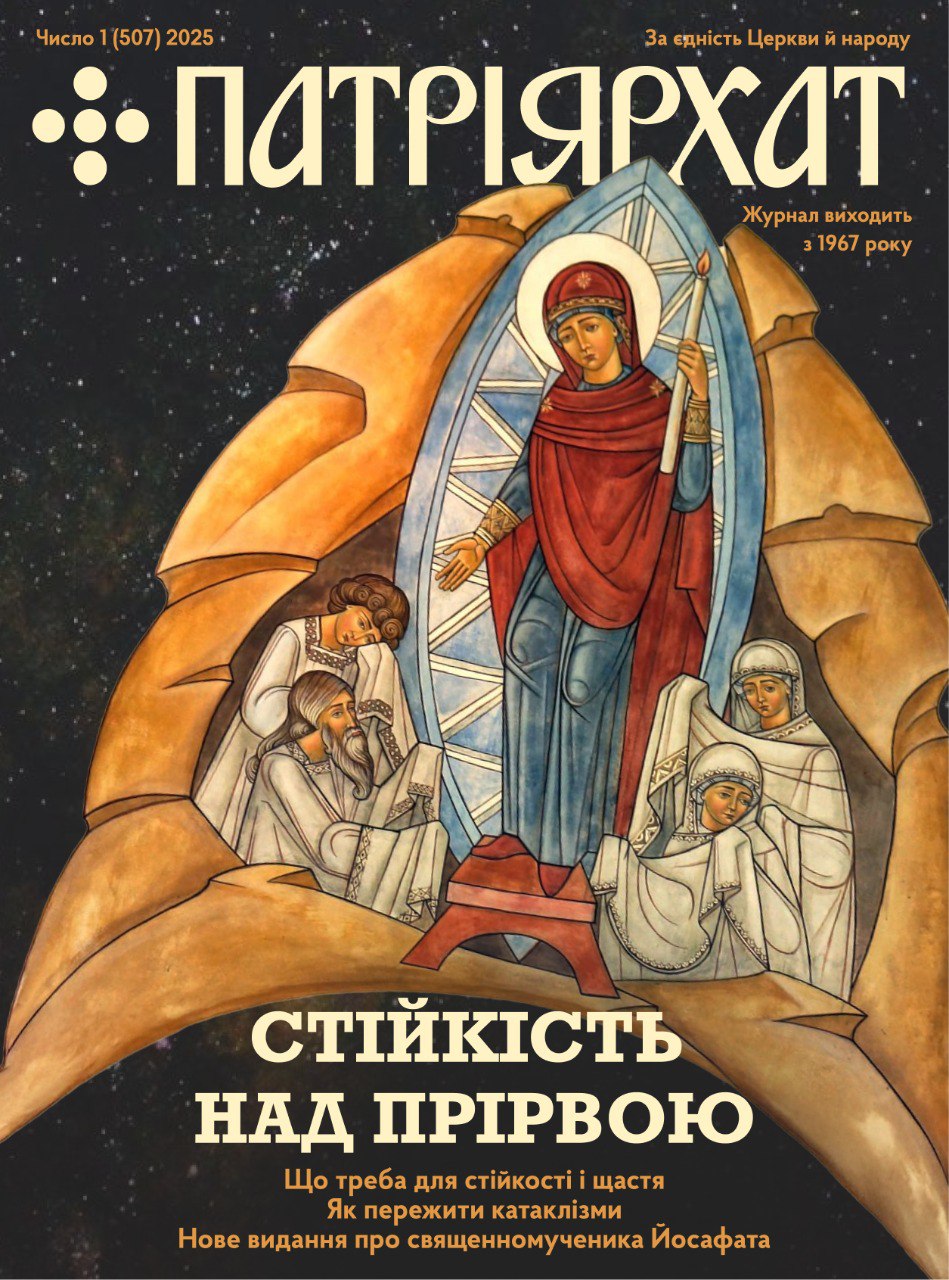London, 22nd December, 1977.
Laudetur Jesus Christus!
His Excellency,
The Most Reverend Archbishop Bruno В. HEIM,
Apostolic Delegate in Great Britain,
54, Parkside London, SW19 5NF.
Your Excellency,
On this Ukrainian Marian Feast of the Immaculate Conception I take the liberty in writing to you this letter, with enclosed Christmas greetings and best wishes, in the hope that it will be accepted in the same spirit of friendly understanding in which you received me at your Delegation, on 10th October, 1977.
It is in connection with the recent Declaration from the Holy See which announced a new suspension «a divinis» regarding myself and other fellow-priests in Rome, that I wish to repeat here what I wrote in my letter to the Sacred Congregation for the Eastern Churches, of 11th October 1977 sent through your good offices.
In this letter I stated as follows:
«Considering myself under the pastoral authority of His Beatitude Cardinal Joseph Slipyj, the Head of the Particular Ukrainian Catholic Church, whom I regard, together with a huge majority of the Ukrainian people, as our Patriarch, and performing, with his blessing, necessary pastoral work at the expressed requests of our exiled communities in Great Britain, I would respectfully suggest that all questions regarding these pastoral activities should be directed to Cardinal Slipyj himself».
I also added in that letter:
«One hopes and prays that an urgent examination of the real causes and, consequences of this prolonged and painful dispute will be made by the Roman Authorities in order to produce a happy solution for the benefit of all concerned…»
To our great regret these suggestions were not taken into consideration.
While awaiting an official letter-communication from the Roman Authorities about this new suspension with the expressed-terms of reference, I take comfort in these words spoken by the Holy Father to over six hundred participants at the International Congress of Canon Law, organised by the Pontifical Gregorian University in Rome, duriig last February:
«Cum ius canonicum sit quaedam explicatio iuris divini, oportet ut idem finis intendatur ab utroque. Bonum autem comune isto modo acceptum, not potest nutriri, conservari, vel promoveri per solam legalem iustitiam… sed ultro hoc requiritur quaedam coelestis amicitia, sine qua impossibile est aliquem hominem in Deum tendere».*
In this inspiring and encouraging address the Holy Father also said:
«Ecclesiae instituta quamquam perfici possunt, eo tendere debent ut divinam gratiam communicant, et, secundum cuiusque donum et munus, bonum fidelium, quod est Ecclesiae finis primarius, promoveant… In legibus Codicis Iuris Canonici elucere debet spiritus caritatis, temperantiae, humanitatis ac moderationis…»**
After having received the above mentioned official letter-communication, I shall forward it to the Head of our Particular Catholic Church in order to obtain from him his decision concerning my future pastoral work in this country.
In the meantime, my priestly conscience tells me to stand by my suffering and much afflicted people, and by our heroic Confessor of the Faith, about whom the Holy Father Pope Paul himself said that he is our «authoritative leader… a high spokesman for our unity, a strong centre for our religious and national life… on whom we can rely and whom we can trust implicitly…»
It is through him, as it is customary in the Eastern Catholic Churches, that I pledge my filial love and loyalty to the Holy Father as the Supreme Shepherd of the Universal Catholic Church of Christ.
Assuring Your Excellency of a special prayerful remembrance during this evening’s festive Divine Liturgy in London.
I remain with kindest regards and with renewed gratitude for all your kindness and friendly understanding.
Your devotedly in Christ
(Canon Mykola Matyczak) — Ukrainian Catholic Priest.
(From the «L’OSSERVATORE ROMANO» of 20th February 1977)
*Since Canon Law is a kind of explanation of Divine Law, it is necessary that both laws should have the same aim. The common good viewed in this light cannot be sustained, preserved or promoted through legal justice alone…but in addition to this a certain heavenly amity (friendship) is required without which it is impossible to bring any man to God.
**Ecclesiastical institutions should strive towards the imparting of Divine Grace and the promoting common good, what is the prime aim of the Church, according to the each other gift and obligation… The canon laws should be imbued with the spirit of charity, temperance, humanity as well as moderation…»
(From the «L’OSSERVATORE ROMANO» of 20th February 1977)

